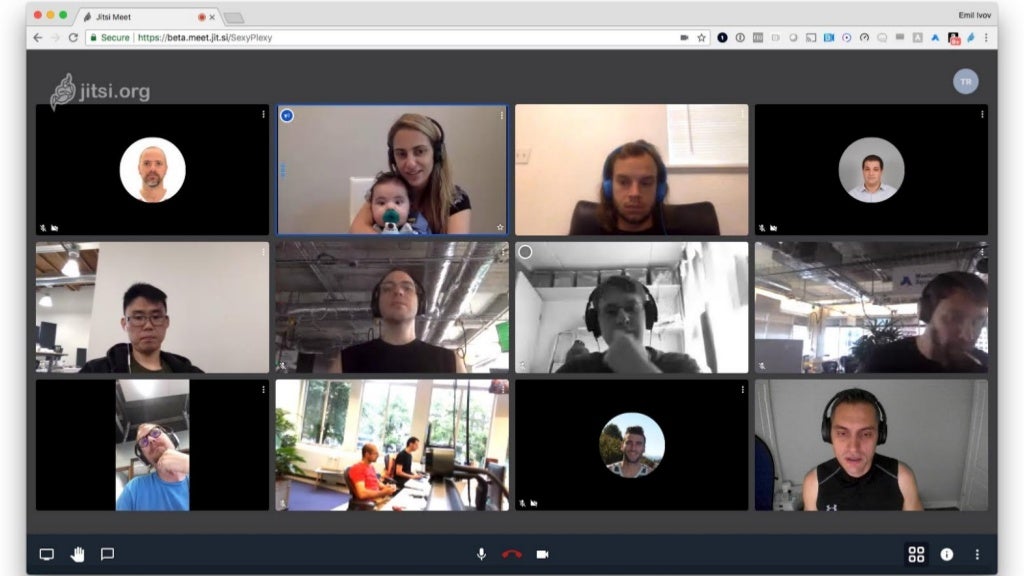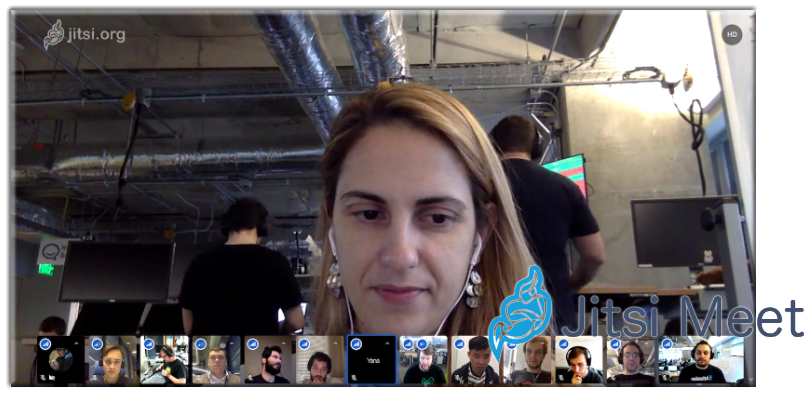

You can get one for free via LetsEncrypt. This is because most browsers refuse to do WebRTC (the protocol used for video transport) over non-encrypted connections. You’ll need a small server that can be accessed from the Internet, a domain name as well as a SSL certificate for that domain. Jicofo runs from a service, rather than a init script.Both Jicofo and Jitsi Videobridge log to syslog instead of their own logfiles.In general, the package mostly follows the official Debian package. I’ve only been testing these packages on my one Jitsi server, so obviously I’d be interested in other’s experiences with them, Installation/setup instructions Setup instructions follow below & are also contained in the packages’ docdir /usr/share/doc//README-fedora.md, but they mostly follow upstream’s debian packages, so any guide you find for those will likely be valid, too. Since Jitsi offloads all of the video processing onto the user’s machines and really just shuffles some streams around it usually does not need a powerful server, any small virtual machine from a cloud provider should do.
#Jitsi videobridge install
For a standard setup on a single machine, you should be able to simply install the jitsi metapackage, which will pull in all the components. Well, I finally got around to creating RPM packages for it. For running your own setup, they kindly provide Debian/Ubuntu repositories, but sadly no RPM. The author & trademark owners are not responsible for any damage that its use could cause.What with the pandemic, we’ve all been videoconferencing a lot, and I guess a lot of people here know about the Jitsi videoconference server.
#Jitsi videobridge software
Use at your risk, responsibility for damages (if any) to anyone resulting from the use of this software rest entirely with the user No warrantee of any kind, expressed or implied, is included with this software Jitsi is a registered trademark of its respective owners.

This solution is Licensed under the Apache License, Version 2.0.

Invite users to a conference via a simple, custom URL.Share your desktop, presentations, and more.Jitsi Meet is a fully encrypted solution.It also supports shared document editing with Etherpad. Users can stream their desktop or only some windows. Jitsi Meet allows very efficient collaboration. The Jitsi Meet client runs in your browser, without installing anything else on your computer. A Zoom alternative, Jitsi Meet is an open-source (Apache) WebRTC JavaScript application that uses Jitsi Videobridge to provide high quality, secure and scalable video conferences.

Secure, Simple and Scalable Video Conferences. Jitsi Meet Video Conferencing Server on Ubuntu Server


 0 kommentar(er)
0 kommentar(er)
